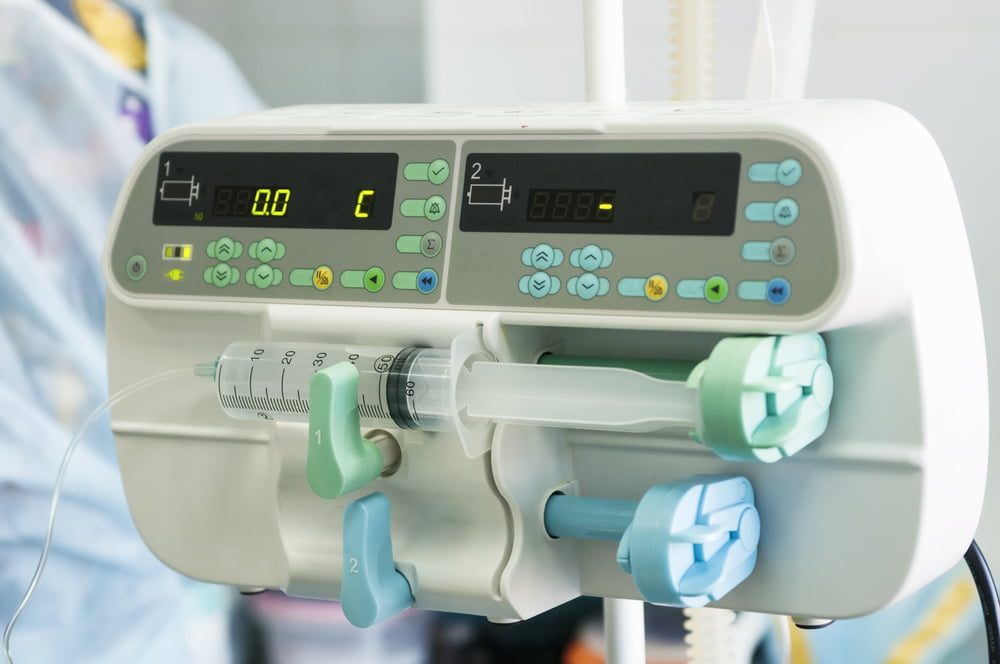The syringe pump is a crucial medical device used to administer medications, fluids, and nutrients in a controlled and precise manner. Its significance in contemporary healthcare, in both inpatient and home care settings, cannot be emphasised.
By gradually stroking the syringe’s plunger, a syringe pump delivers its contents precisely and continuously over a predetermined amount of time. It is especially helpful in circumstances when precise drug administration is necessary, such chemotherapy treatments, analgesics, and anaesthetics.
Syringe pumps offer numerous benefits. For patients in intensive care units, the ability to precisely adjust infusion rates is crucial, and they offer this capability. They are also widely used in paediatric care, where dosages need to be modified according to the weight and age of the patients.
Syringe pumps have numerous advantages, but they also have drawbacks. Technical malfunctions and programming faults come with dangers. Still, continuous improvements are meant to make them more dependable and intuitive. To reduce human error, the newest generation of pumps, for instance, has double-check functions and alarm systems.
The use of syringe pumps is essential in the medical field, ensuring precise and controlled administration of treatments. Specialists’ opinions highlight their importance and the continuous efforts to improve their equipment. As technological advancements progress, the syringe pump will continue to evolve, further strengthening its crucial role in contemporary healthcare.



